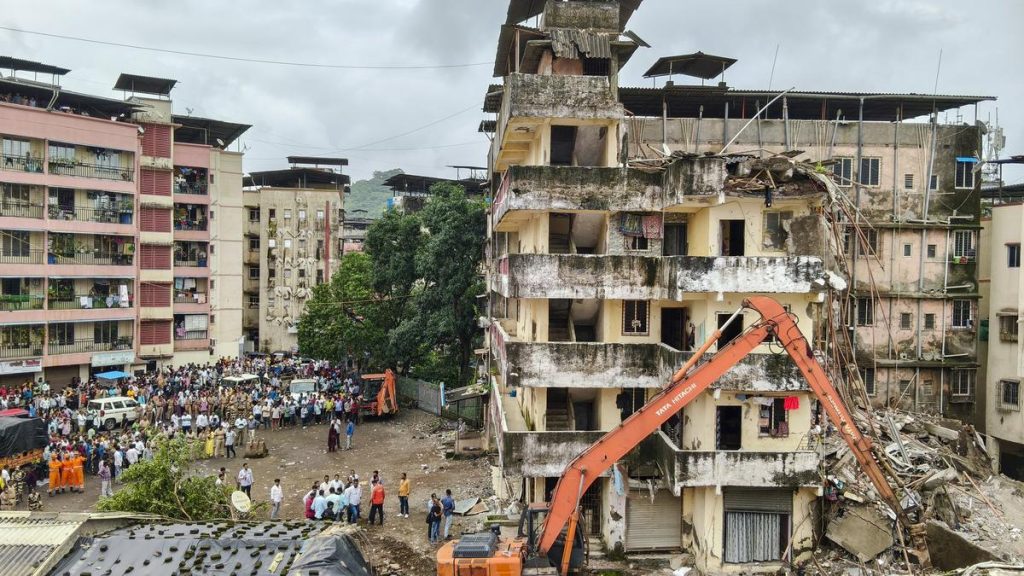Now Reading: Death Toll Hits 36, Chemical Plant Management Faces Attempted Murder Charges
-
01
Death Toll Hits 36, Chemical Plant Management Faces Attempted Murder Charges
Death Toll Hits 36, Chemical Plant Management Faces Attempted Murder Charges

Quick Summary
- Incident: A deadly explosion occurred at Sigachi Industries’ pharma plant in Pashamylaram, Telangana, killing 36 individuals.
- Rescue and Identification: DNA profiling is underway to identify victims due to severe burns; 15 workers remain unaccounted for.
- Casualties: Of the 143 workers present at the time of the blast, 35 were injured (one later died in hospital), while authorities confirmed locating 58 survivors.
- Accusations & Charges: Police have registered charges against Sigachi’s management for culpable homicide not amounting to murder and attempted murder. Workers had reportedly warned management about ageing machinery beforehand.
- Safety Violations: The Rs 500-crore facility operated without a fire department NOC and lacked essential safety measures such as fire alarms, heat sensors, blast-resistant structures, or recent third-party audits.
- Compensation Announced: Telangana CM A Revanth Reddy pledged rs 1 crore for each deceased worker’s family and monetary aid ranging from Rs 5 lakh-10 lakh for injured victims.
- Investigation Status: The explosion was believed to be caused by a dryer malfunction; forensic teams are analyzing DNA samples round-the-clock. Arrests may follow post-investigation findings.
Indian Opinion Analysis
The Sigachi Industries tragedy highlights critical gaps in workplace safety compliance within India’s industrial sector. With reports of insufficient safeguards like absent fire alarms or blast-resistant walls surfacing post-disaster, regulatory lapses appear significant contributors to this preventable incident. Additionally, alleged negligence by company management-even after warnings about outdated machinery-raises questions about accountability frameworks meant to protect labor rights.
This disaster underscores the need for stricter enforcement of industrial norms and systematic third-party audits across high-risk chemical sectors handling inflammable materials like microcrystalline cellulose.It also calls attention to resource adequacy among local authorities tasked with ensuring operational compliance.
The state government’s financial compensation demonstrates acknowledgment of loss but cannot replace lives lost nor fully address deeper systemic failings that permitted such risks unchecked over time. india’s deadliest pharma manufacturing accident could serve as an inflection point demanding complete reforms in industrial safety standards.
























